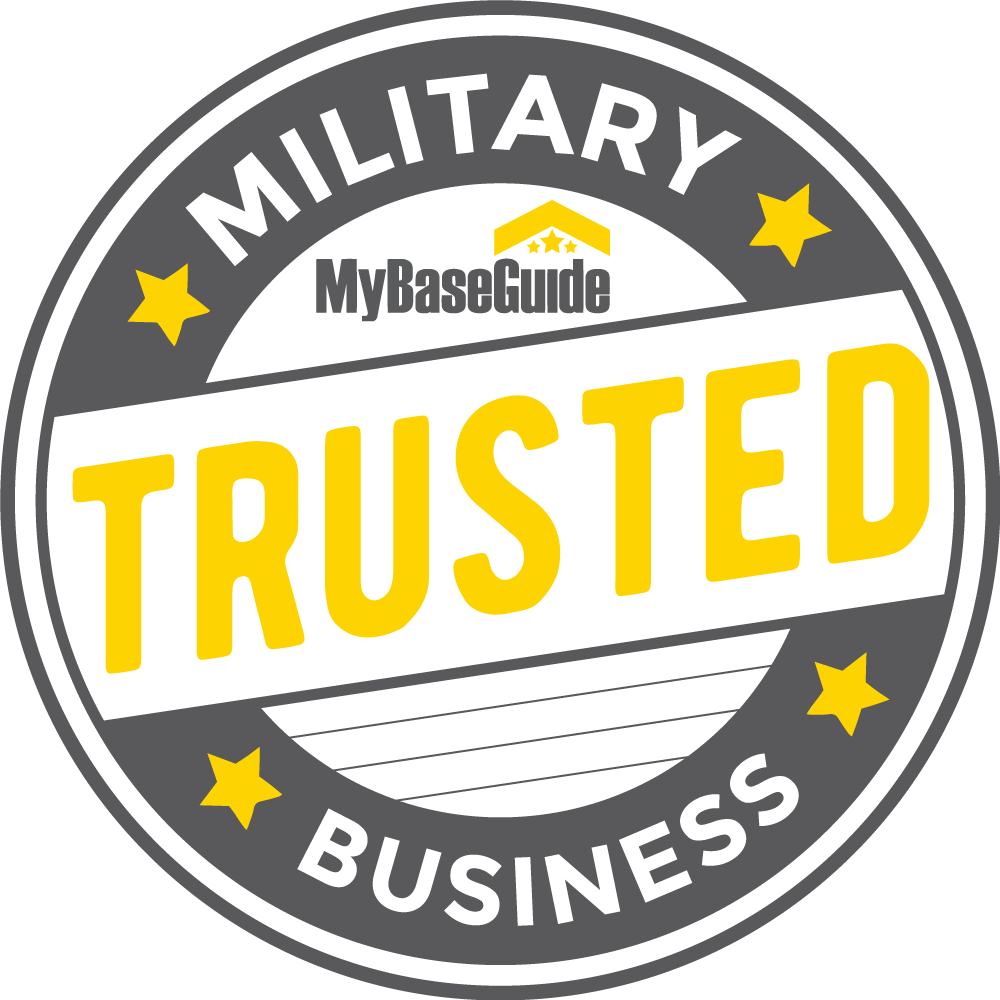
Holidays are celebrated as a time of joy and togetherness. Yet, for many, they bring unexpected waves of anxiety and stress. Financial demands, endless to-do lists, and social obligations can quickly pile up. The pressure to create a perfect holiday experience often adds to the emotional strain. What should feel magical can sometimes feel overwhelming instead.
How Can You Recognize Holiday Anxiety and Stress?
Holiday anxiety and stress manifest in many ways. Common signs include:
1. Physical Symptoms of Holiday Anxiety
Physical manifestations are often the first indicators of stress and anxiety during the holidays. These symptoms may seem subtle but can escalate if ignored.
- Increased heart rate: A telltale sign of anxiety. Often accompanied by shortness of breath.
- Headaches or migraines: Stress tightens blood vessels, often sparking tension headaches. Migraines can quickly follow, amplifying the discomfort.
- Stomach upset: The gut-brain connection can result in nausea, diarrhea, or stomach cramps under stress.
- Sleep disturbances: Trouble falling asleep or staying asleep is a hallmark of heightened stress levels.
Holiday stress impacts 38% of people, according to the APA. Physical symptoms are common effects.
2. Emotional Changes That Signal Anxiety
Emotional changes are another indicator of holiday stress. These can range widely but generally reflect a heightened state of emotional reactivity.
- Irritability: Small inconveniences may trigger disproportionate frustration.
- Feelings of dread: A constant sense of unease or fear about upcoming events.
- Mood swings: Oscillating between joy and sadness without clear triggers.
- Loss of enthusiasm: Activities you once enjoyed may now feel burdensome or unenjoyable.
These emotional changes can strain relationships and diminish holiday enjoyment.
3. Behavioral Signs to Watch For
Behavior changes often accompany holiday anxiety. Common signs affect daily routines and social interactions.
- Avoidance: Skipping gatherings or events due to anxiety about socializing.
- Overcommitment: Saying yes to too many obligations leads to burnout.
- Procrastination: Delaying tasks such as shopping or planning, adding to last-minute stress.
- Overeating or drinking: Using food or alcohol as a coping mechanism to deal with stress.
Behavioral changes may seem minor initially. But, they can compound holiday stress over time.
4. Cognitive Symptoms
Stress during the holidays also impacts mental processes. Cognitive strain can make everyday tasks feel overwhelming.
- Difficulty concentrating: Stress often clouds focus. Simple tasks like gift-buying or planning can feel overwhelming.
- Negative thought patterns: A tendency to catastrophize or assume the worst outcomes.
- Forgetfulness: Anxiety can reduce working memory capacity, leading to lapses in memory.
- Decision fatigue: Choices can feel paralyzing during the holidays. Deciding on gifts or prioritizing activities becomes a daunting task.
Anxiety-related cognitive impairments are common during high-pressure periods like the holidays.
5. Social Indicators
Your interactions with others may also indicate signs of holiday stress. Social cues often reflect internal struggles.
- Increased conflict: Stress can make people more prone to arguments or misunderstandings.
- Withdrawal: Avoiding conversations or reducing contact with loved ones.
- Over-apologizing: Constantly seeking reassurance for perceived shortcomings.
- Reliance on social media: Spending excessive time online to escape real-life obligations.
Social stressors can also result from unrealistic expectations set by family or cultural traditions.
6. Long-Term Health Risks
Holiday anxiety and stress can take a toll when ignored. Long-term effects often affect both mental and physical health.
- Chronic stress raises cortisol levels. Higher cortisol can lead to greater risks of heart disease and hypertension.
- Ongoing sleep deprivation weakens the immune system. Increased vulnerability to illness often follows.
- Anxiety may worsen pre-existing mental health conditions, such as generalized anxiety disorder (GAD) or depression.
A survey by the National Alliance on Mental Illness (NAMI) shows 64% of individuals with mental health issues struggle more during the holidays. Symptoms often intensify as seasonal pressures build.
Practical Tips to Manage Holiday Anxiety and Stress
The holiday season, while celebratory, can often feel overwhelming. With the right strategies, you can reduce anxiety and enjoy the festivities. Here are practical, research-backed tips to manage holiday stress effectively.
1. Set Realistic Expectations
Unrealistic expectations create unnecessary pressure. Focus on what truly matters rather than striving for perfection.
- Accept that not everything will go as planned. This can prevent disappointment.
- Discuss expectations with family members to ensure alignment.
- Remember that meaningful moments don’t require extravagant spending or planning.
A study by the American Psychological Association (APA) found that 69% of people feel stressed by the perceived lack of time during the holidays. Setting realistic goals can alleviate this stress.
2. Create a Budget and Stick to It
Financial stress is one of the leading causes of holiday anxiety. Planning your expenses can provide clarity and control.
- Set limits for gifts, travel, and other holiday-related costs.
- Use apps or spreadsheets to track your spending.
- Consider homemade or thoughtful, low-cost gifts to reduce expenses.
Nearly 60% of Americans feel pressured to overspend during the holidays. A clear budget reduces this burden.
3. Prioritize Self-Care
Taking care of yourself is essential for managing stress. Ignoring your well-being can exacerbate anxiety.
- Sleep: Aim for 7-8 hours per night to support your mental health.
- Exercise: Regular physical activity releases endorphins, which combat stress.
- Nutrition: Cutting back on sugar and alcohol helps ease anxiety. Overindulgence often makes stress feel worse.
4. Plan Ahead
Last-minute preparations are a significant source of holiday stress. A proactive technique can make a difference.
- Make a to-do list and break tasks into smaller, manageable steps.
- Shop early to avoid crowded stores and shipping delays.
- Schedule time for relaxation amidst your responsibilities.
A well-organized plan minimizes chaos and ensures you stay in control of your time.
5. Set Boundaries
Learning to say no can protect your mental health. Overcommitting oftentimes leads to burnout.
- Politely decline events that feel overwhelming.
- Limit time with individuals who contribute to stress.
- Allocate personal time to recharge between obligations.
Boundaries are a form of self-respect. They allow you to engage meaningfully in activities that truly matter.
6. Practice Mindfulness
Mindfulness techniques help ground you in the present moment, reducing anxiety.
- Meditation: Spend 5-10 minutes focusing on your breath to calm your mind.
- Gratitude Journaling: Write down three things you’re grateful for daily.
- Deep Breathing Exercises: Inhale deeply for 4 seconds, hold for 4 seconds, exhale for 4 seconds.
A study showed that mindfulness-based stress reduction significantly decreases anxiety symptoms.
7. Limit Social Media Use
Scrolling through curated holiday highlights on social media can lead to comparison and feelings of inadequacy.
- Set daily time limits on apps to reduce exposure.
- Unfollow accounts that trigger negative emotions.
- Focus on your real-life experiences rather than online portrayals.
Heavy social media use correlates with increased anxiety and depression. Especially during high-pressure times.
8. Seek Social Support
A strong support system can provide emotional relief during the holidays.
- Share your feelings with trusted friends or family members.
- Join holiday gatherings that bring you joy and comfort.
- Reach out to support groups for a sense of community.
Social connections lower stress levels and improve general well-being.
Seeking Professional Support for Holiday Anxiety and Stress
Sometimes, self-help strategies aren’t enough. Holiday anxiety and stress can escalate, requiring professional intervention. Seeking help is a sign of strength, not weakness.
- Therapists provide a safe space to explore your triggers and develop coping mechanisms.
- Medication may be recommended for severe anxiety, under the guidance of a qualified psychiatrist.
- TMS Therapy, offered at the TMS Institute of Arizona, is a non-invasive option for those struggling with persistent anxiety or depression.
Professional care can help you regain control and enjoy the season.
Contact the TMS Institute of Arizona for Support
Holiday stress doesn’t have to take over your life. We understand how overwhelming this season can feel and are here to help you find relief. With proven therapies and a compassionate team, we’re committed to helping you feel more at ease.
Don’t let anxiety or stress overshadow the moments that matter most. Reach out to us today and take a step toward feeling better.
Together, we can work through the challenges and help you enjoy the holidays with a calmer, clearer mind.
Let’s make this season one you can truly cherish. Contact us now.
References
Majid, S. A., T Seghatoleslam, Homan, H., A Akhvast, & H Habil. (2012). Effect of Mindfulness Based Stress Management on Reduction of Generalized Anxiety Disorder. Iranian Journal of Public Health, 41(10), 24. https://pmc.ncbi.nlm.nih.gov/articles/PMC3494227/
APA. (2006, December 12). APA Survey Shows Holiday Stress Putting Women’s Health at Risk. Https://Www.apa.org. https://www.apa.org/news/press/releases/2006/12/women-stress
The Most Difficult Time of The Year: Mental Health During the Holidays. (2024, February 7). NAMI. https://www.nami.org/from-the-ceo/the-most-difficult-time-of-the-year-mental-health-during-the-holidays/
Even a joyous holiday season can cause stress for most Americans. (2023, November 30). Https://Www.apa.org. https://www.apa.org/news/press/releases/2023/11/holiday-season-stress
Important: This article is not a substitute for medical care. Always talk to your doctor about your health.













